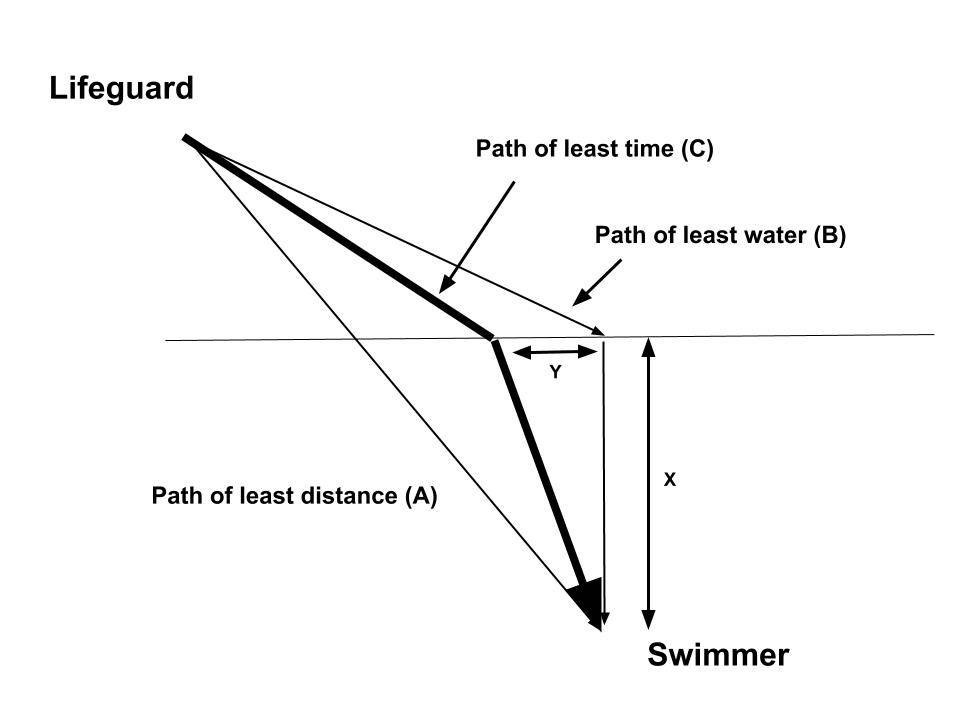In my experience, it’s actually the other way around: physicists can think in terms of equations, without having to visualize them. I generally can’t do that myself - I would get frustrated at talks where the presenter just had slide after slide of equations but some people could read those slides the way I read ordinary English text.
I think a lot of them still rely on intuition and human level thoughts experiment. See The Feynman Lectures on Physics for a physicist using intuition. For example, when he explains the Fermat Principe with the lifeguard problem: the path of least time running on the beach and swimming to the victim is not the least distance. If you consider that you run faster than you swim, then you should run a bit further so you swim a bit less. This is analogous to the bending of a light ray (refraction, “broken” stick) when it enters water.

Einstein is also famous for those: https://en.wikipedia.org/wiki/Einstein’s_thought_experimentsI always use the example of driving around town. The fastest route is usually not the surface roads linking A to B along the shortest line, but a route that includes a highway with a faster route. Longer drive length, but shorter overall duration.
That’s why you get a theoretical degree in physics
Studying quantum loop theory lets you ride rollercoasters. If anyone asks if it’s helpful, call them silly and tell them maybe.
What the heck is actually going on in that first photo? I assume he’s not about to be concussed.
daily core exercise routine





